Chess the ultimate brain work out

When it comes to rational thinking, it is difficult for a child to process and make decisions in the same way an adult can. Children are more often than not led by their passions and make decisions without thinking too deeply about the consequences. This is one of the luxuries of childhood.
In chess, however, children have the potential to think on a level playing field with adults. A six-year-old may find themselves capable of planning ahead and making exceptionally logical decisions, while their forty-six-year-old opponent struggles to maintain their winning position. What is it about chess that allows for this degree of logical thinking in young people who have not yet fully developed their rational faculties? And how can this observation be harnessed by educators to enhance this type of beneficial thinking?
Playing Chess, we don’t just use chess training to help students become more proficient in chess. We use chess as a tool to teach more general and beneficial thinking.
Thinking Ahead
One of the more valuable skills that chess teaches is the ability to think ahead and analyse deeply. A chess player must formulate a plan and consider a variety of possible outcomes. This type of thinking is applicable to all areas of study. Whether it is writing a story, solving a complex maths problem, or creating a work of art, planning ahead is essential.
In chess training, students become equipped for processing a range of scenarios and problem-solving. It is no wonder that numerous studies have found young chess players to perform better academically across the board. And this has nothing to do with these children being “naturally brainy.”

Training Is Important
The assumption that chess players are naturally smarter than non-chess players is a common misconception. Young chess players that become young chess champions are often considered to be gifted with unusually high levels of logical thinking. In reality, it is not the children that possess a natural talent. These levels of logical thinking are reached through chess training and practice.
We believe in a growth mindset where skill is not innate, it is practised. Although a child’s talent is important, the training they receive is even more important. Top chess coaches continue to produce chess champions not because they choose to exclusively train strategic geniuses, but because they help young children to think strategically. These children often play as well as, if not better, than the average adult chess player. It has been demonstrated time and time again that irrespective of their age, chess players make the most progress when they receive formal training.
The fact that these chess champions perform well in other areas of their study is an indication not that these children are necessarily smarter, but that learning chess teaches ways of thinking which can be applied across the board.
Concentration
In a world of constant distraction, it is becoming increasingly difficult to focus on one thing. With i Pads, television, and video games, it often feels like attention spans are diminishing as the stimulation around us quantitatively grows. When one actively engages with chess, concentration on the board is crucial. With less busyness in the mind, the mind has a greater capacity to analyse each position on the chessboard. Encouraging students to think logically is not easy, but honing the art of concentration allows this type of thinking to develop. When this focus is positively reinforced by victory, the child subconsciously identifies concentration as a tool for success. This lesson is invaluable for young people.

Different Ways of Thinking
One of the things that makes Chess different is that teachers are primed to tailor their teaching to each child’s individual way of learning. We use a variety of teaching methods so that every child has the opportunity to shine. We use animated videos to stimulate our visual learners, act out the way the pieces move for our kinesthetic learners and give chess talks for our auditory learners.
We also put emphasis on process feedback. Winning or losing might teach us little, but going over a chess game with the class can teach us a lot. Learning to objectively evaluate one's own performance is an incredibly useful and rewarding skill. To think retrospectively with the goal of improvement is an indispensable way of thinking.
Conclusion
To sum up, chess is more than a tool to develop strategic thinking. By nature, it requires us to engage with different parts of the brain and implement different ways of thinking. In doing so, a young child who may not have fully developed their faculty of rationality can find themselves logically engaging with chess problems on equal footing as an adult. This is advantageous not just in terms of thinking, but in terms of confidence.



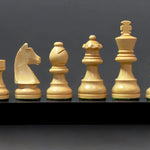
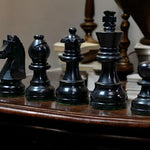
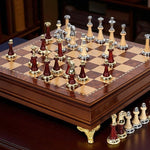
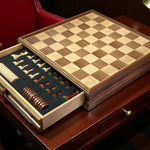
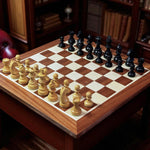
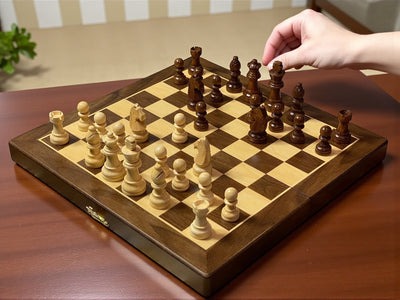
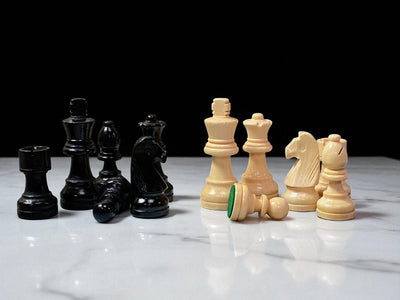
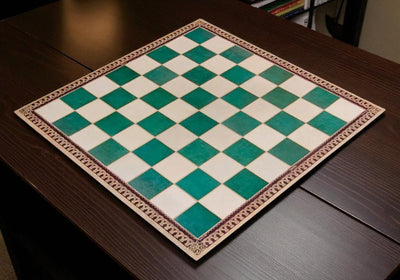
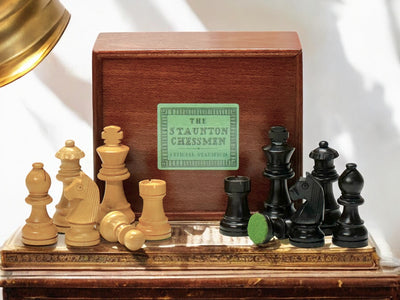
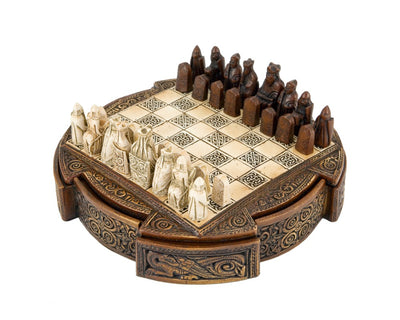

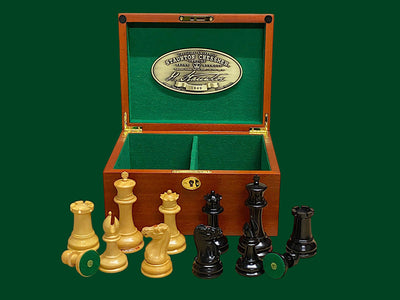
Leave a comment